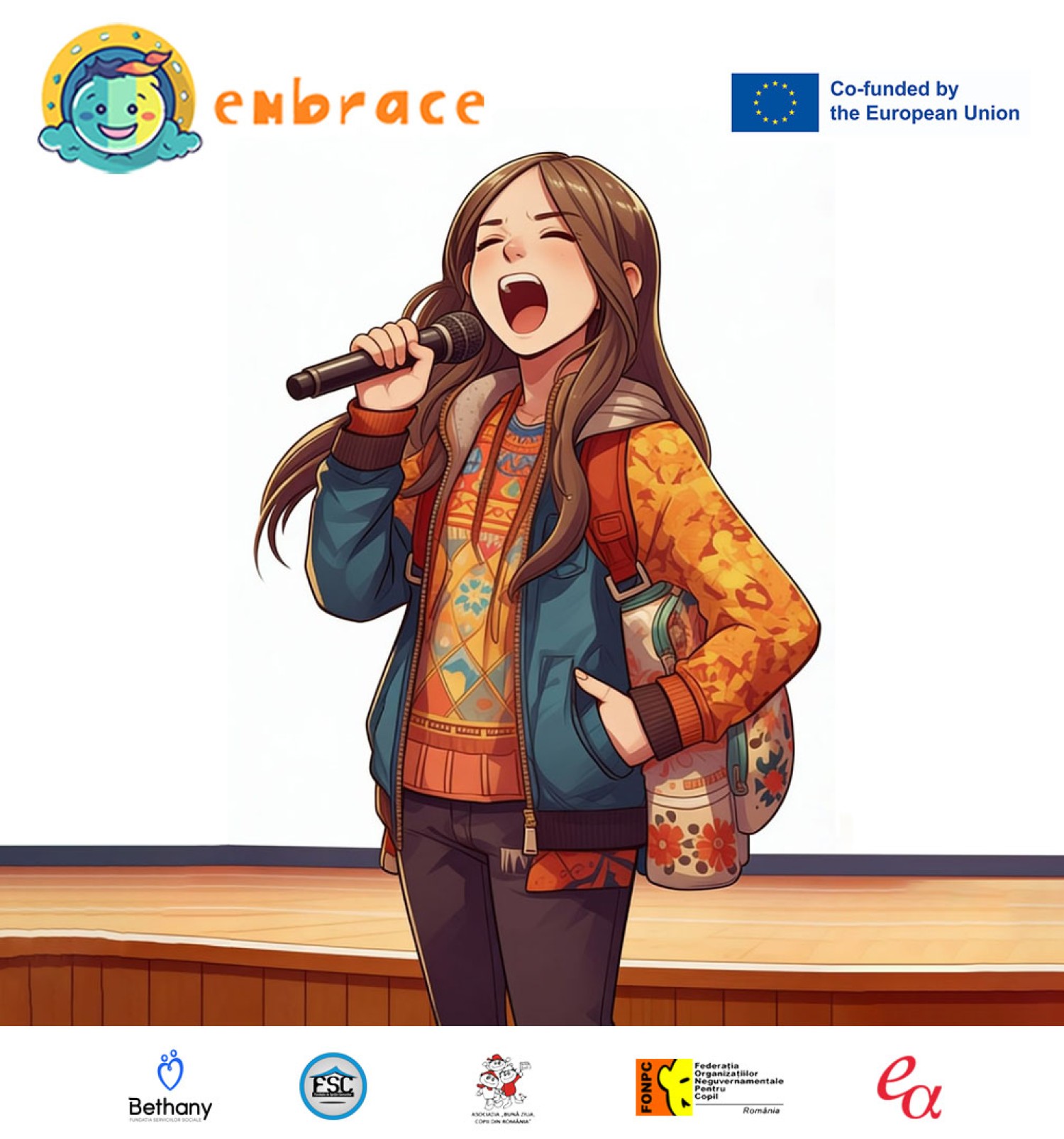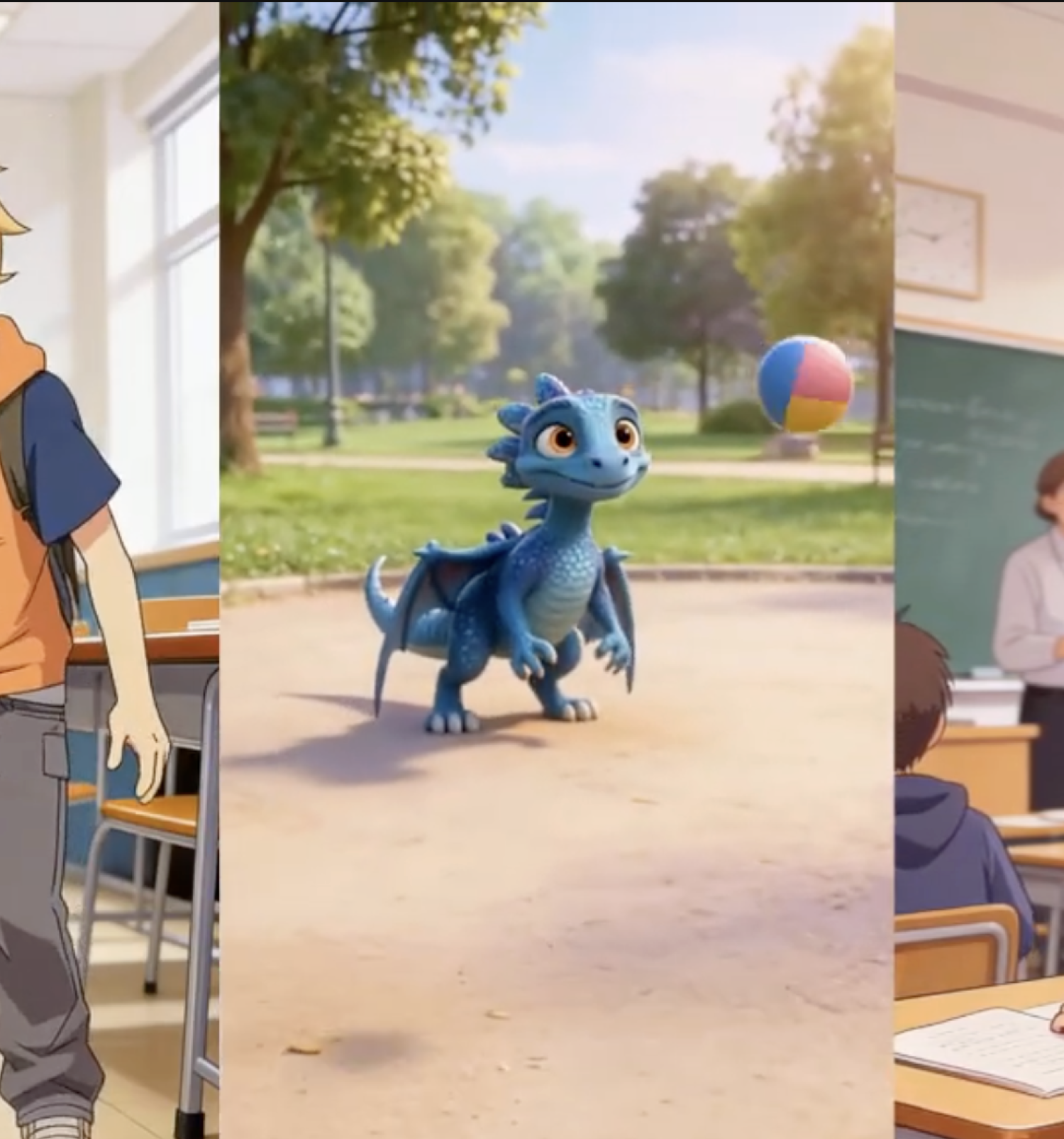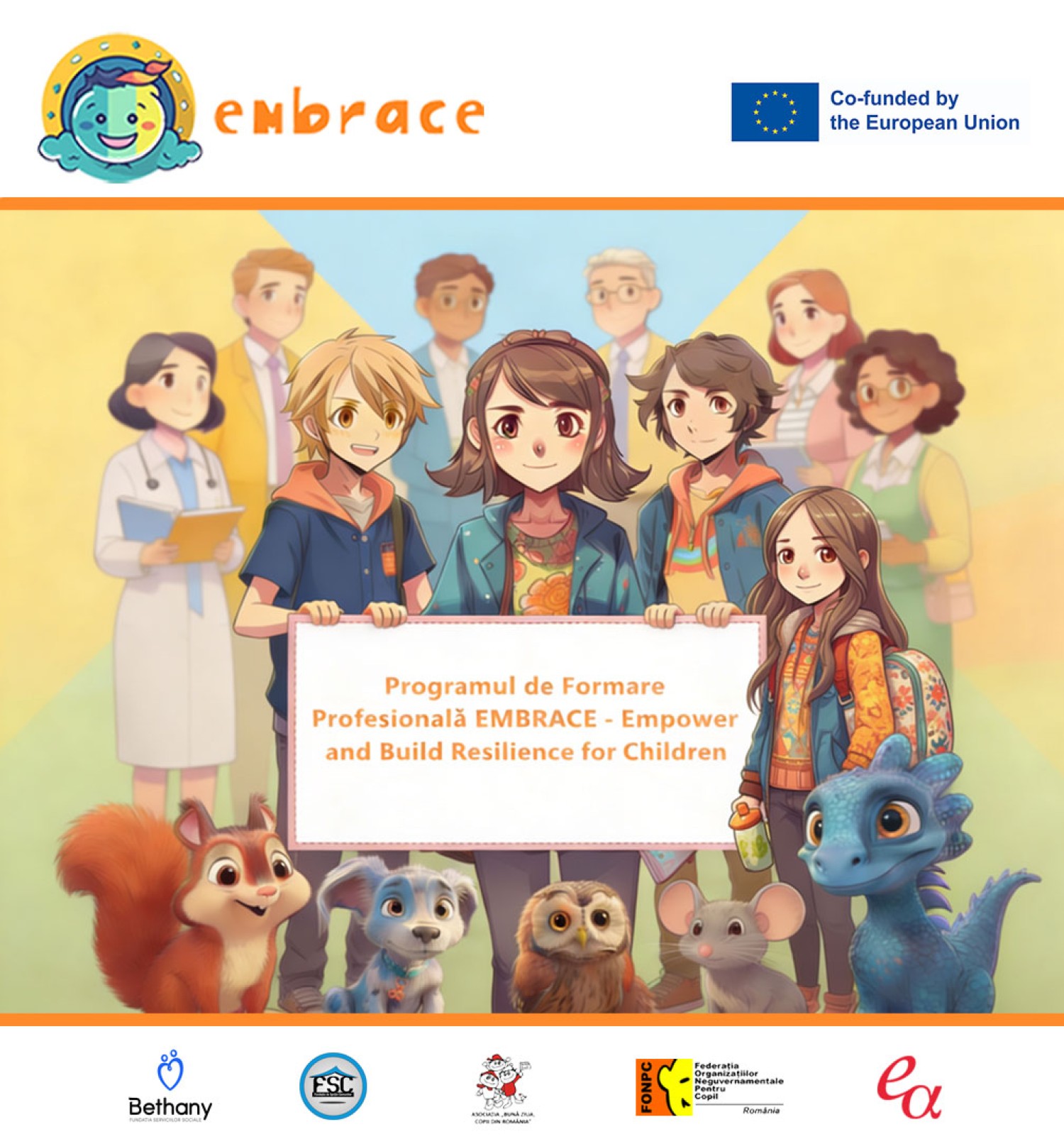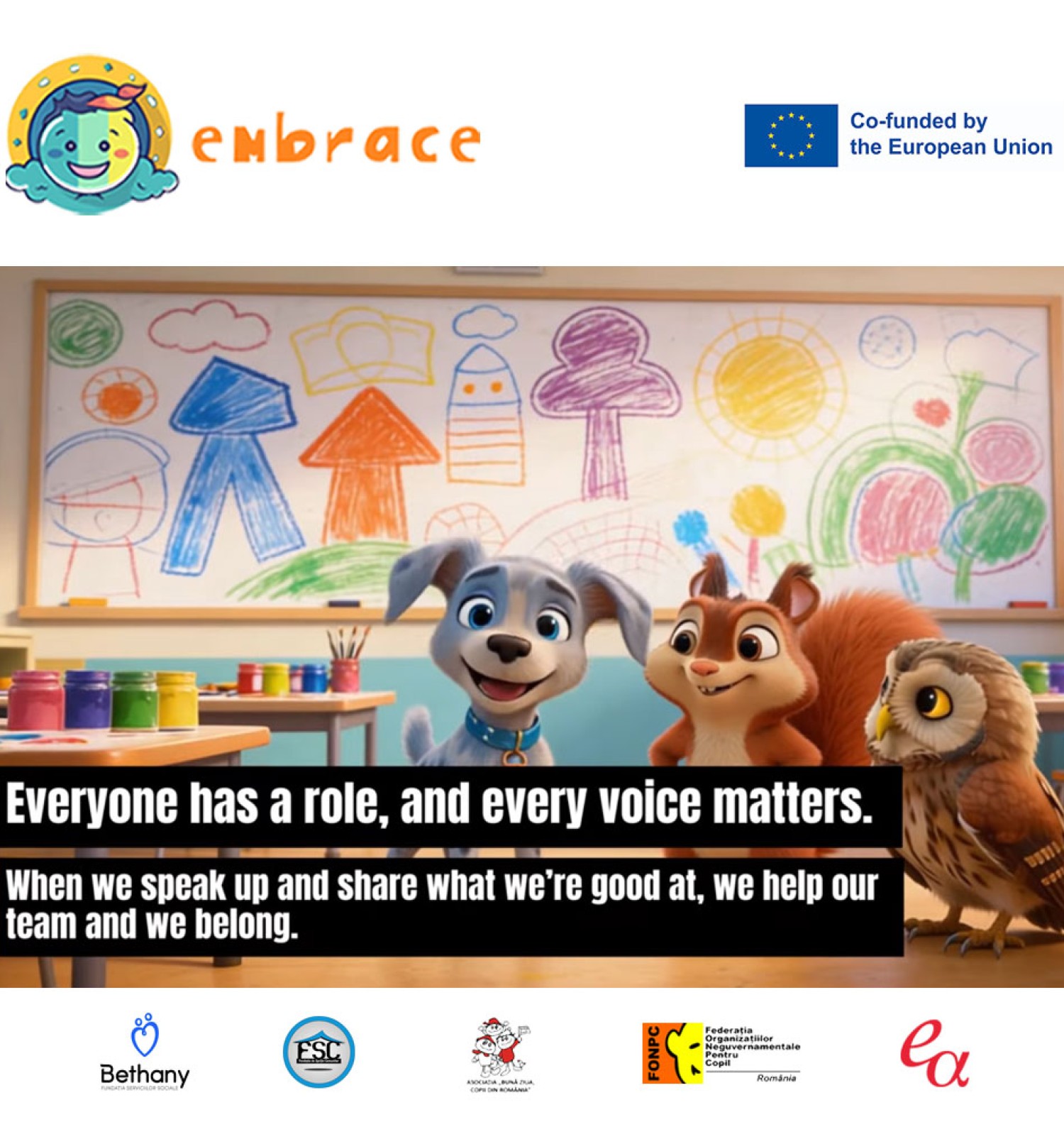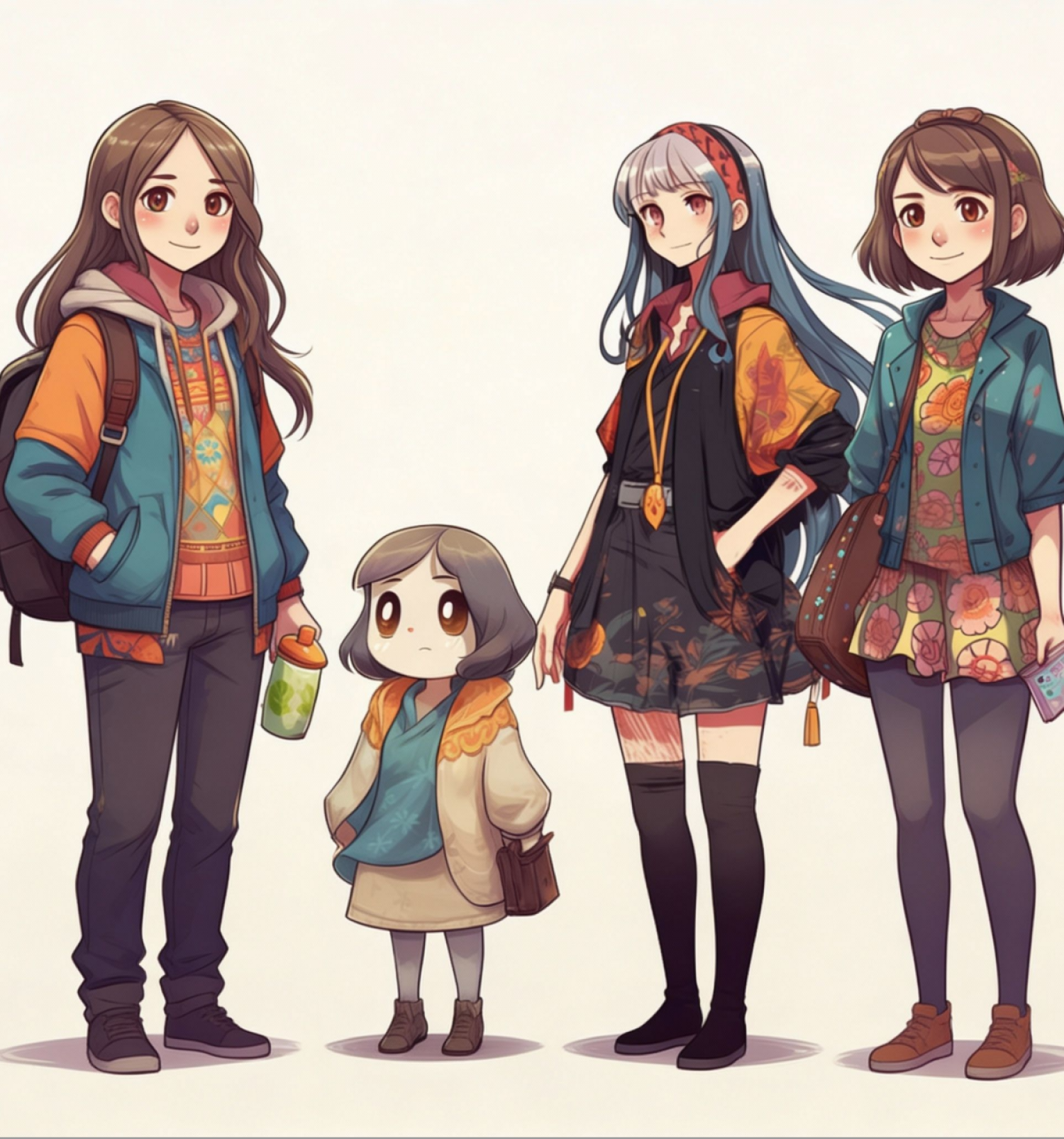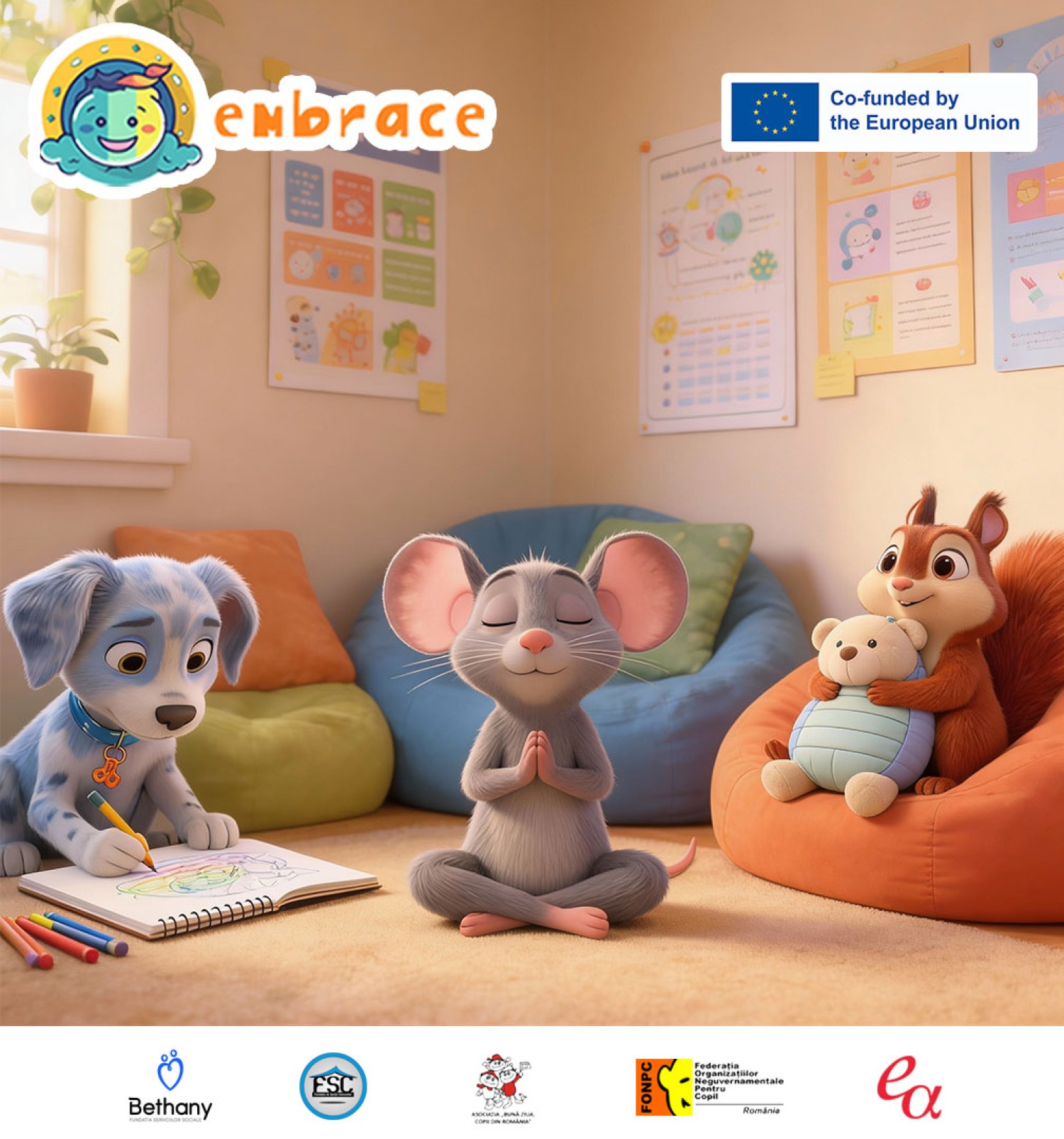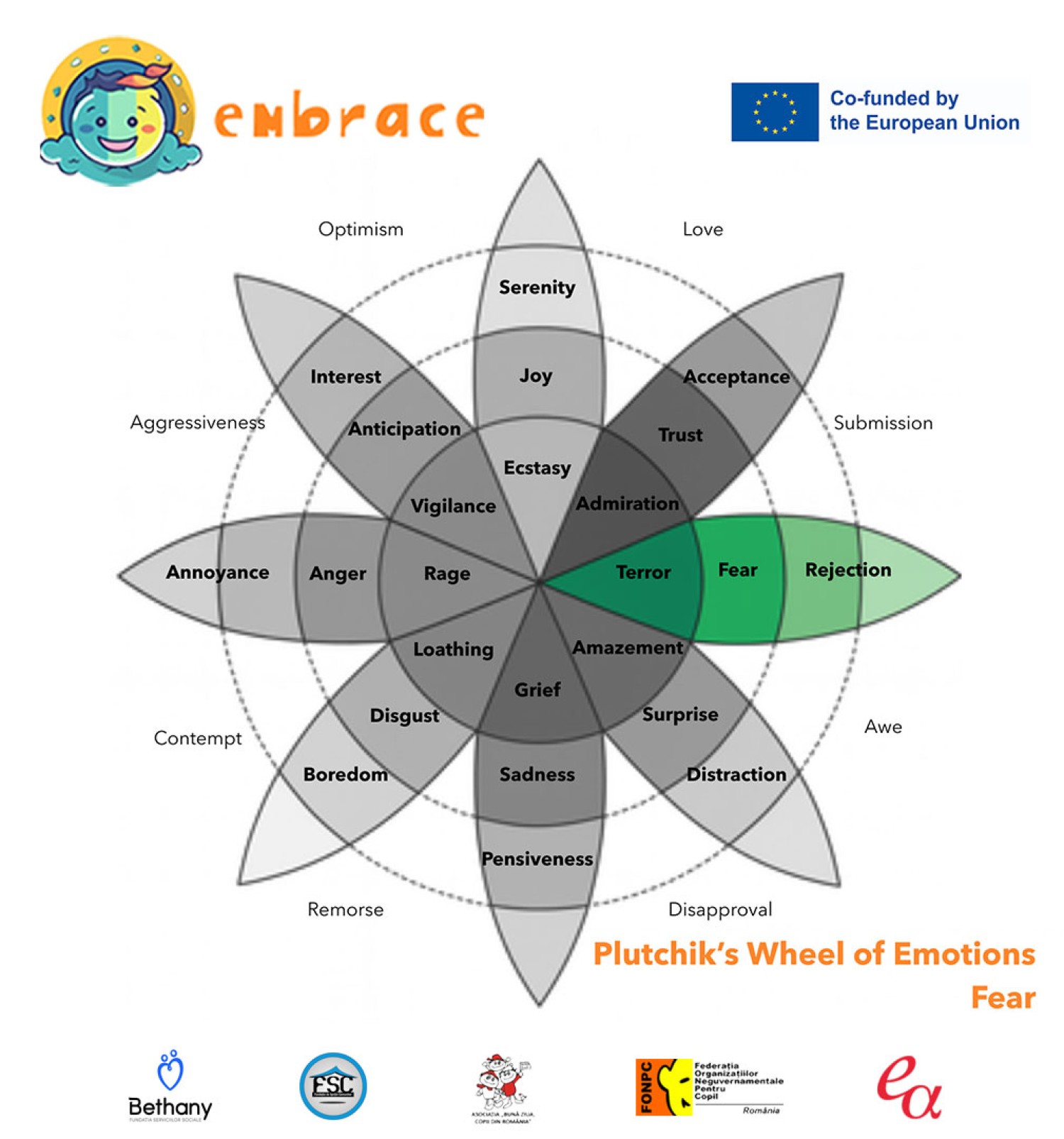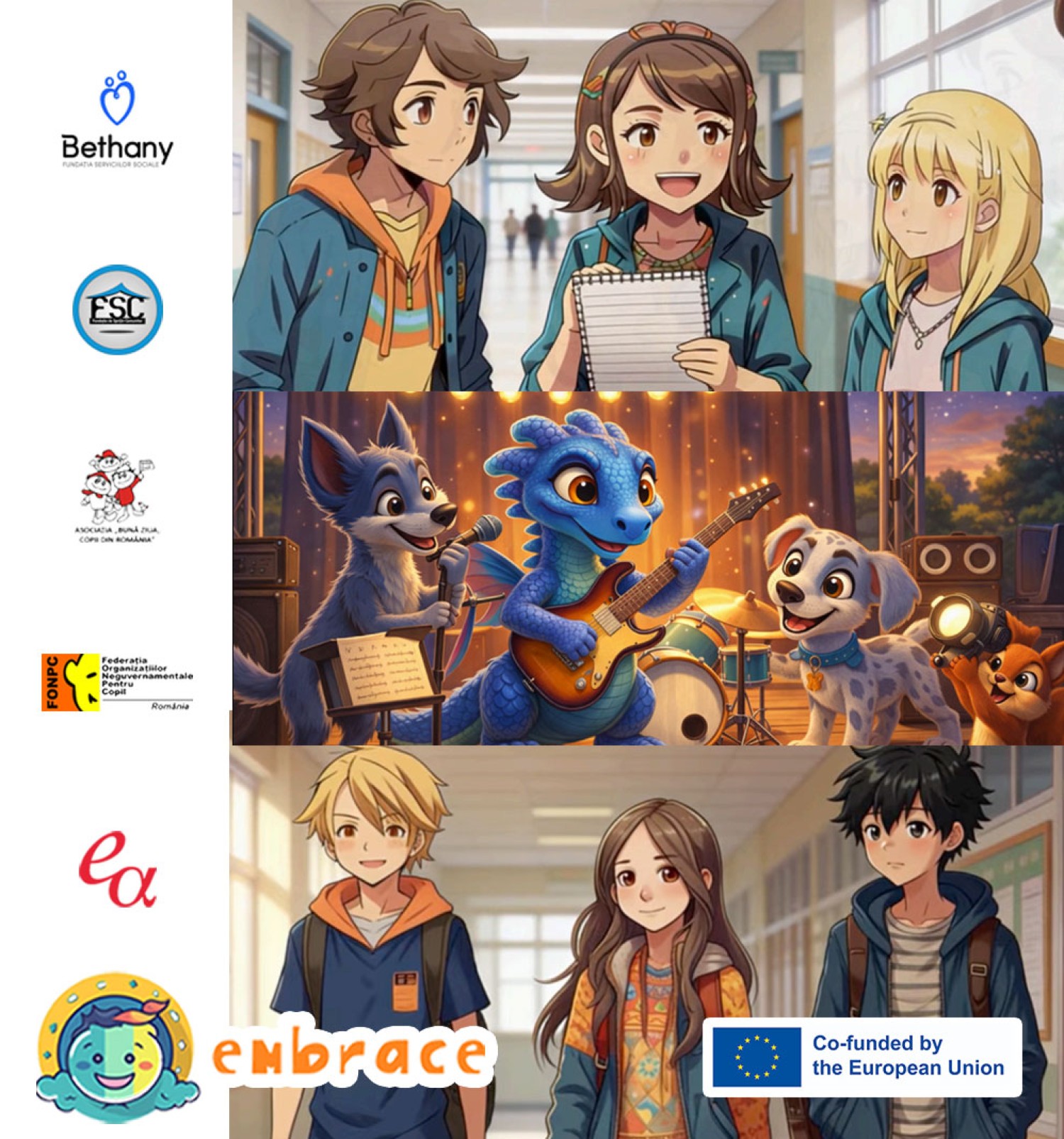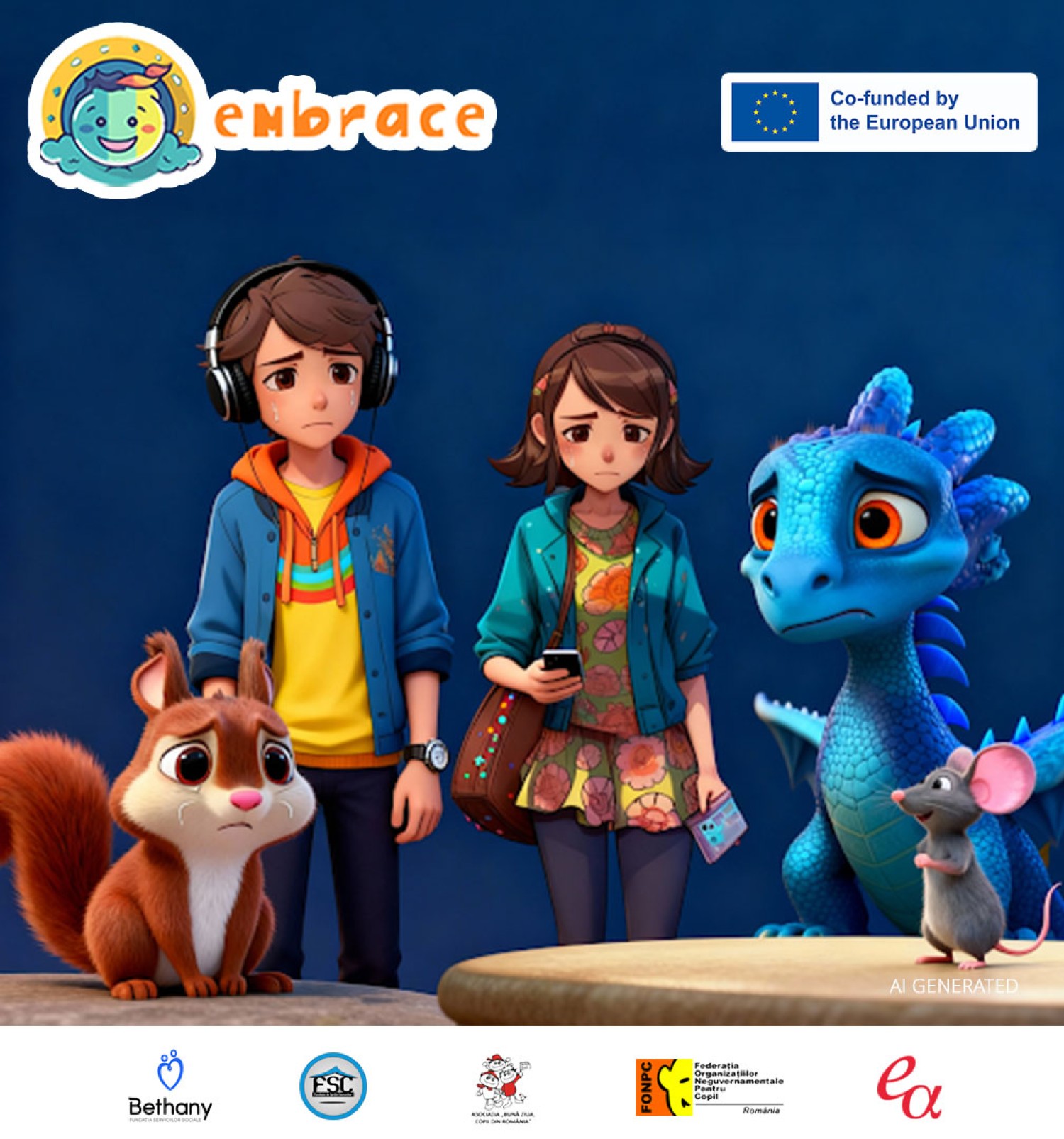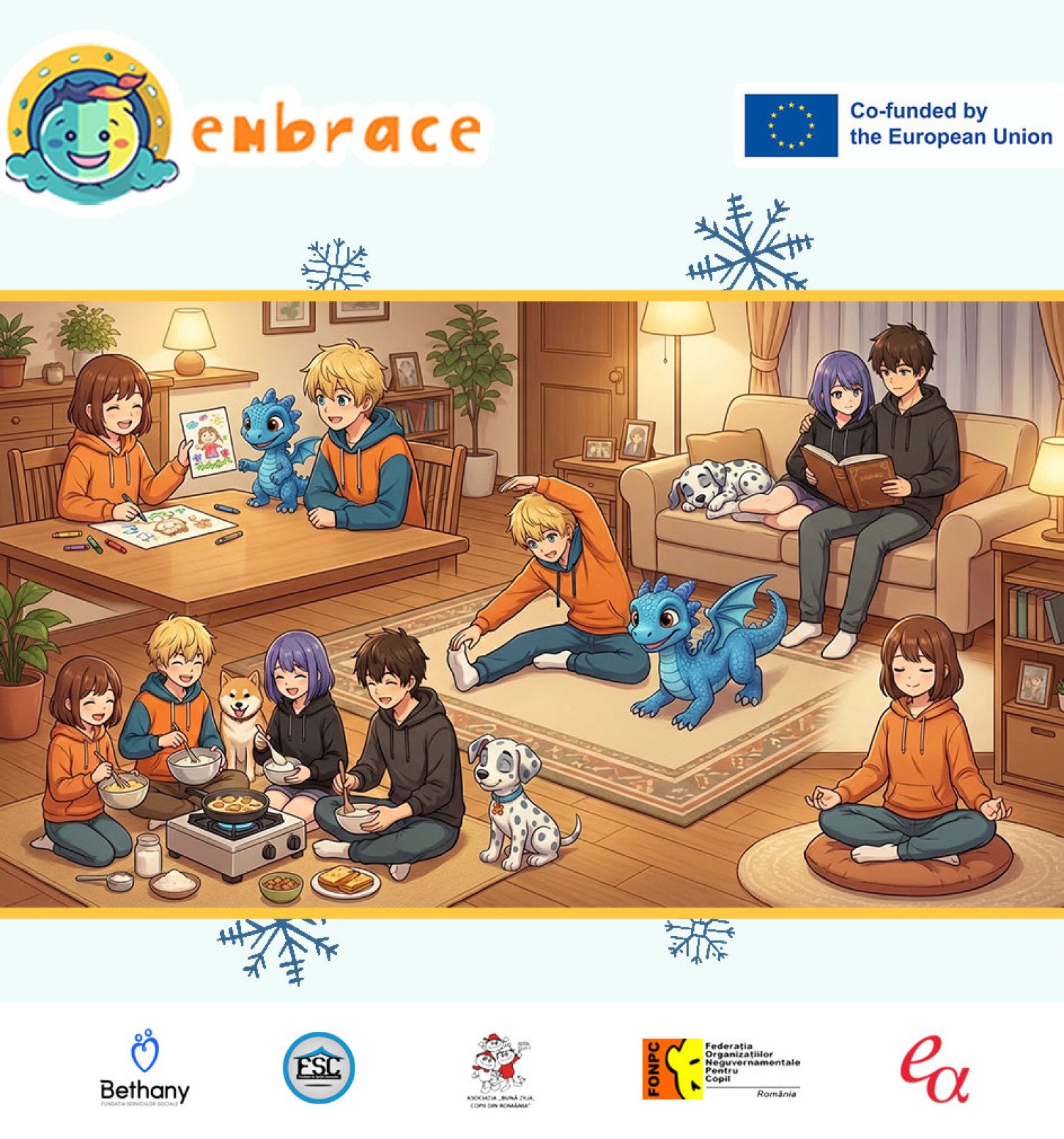Amplifying Young Voices: Why Artistic Freedom Is a Form of Advocacy If you ask a child what they need…
Project: 101190161 — EMBRACE — CERV-2024-CHILD
Disclaimer: Co-funded by the European Union. Views and opinions expressed are however those of the author(s) only
and do not necessarily reflect those of the European Union or EACEA.
Neither the European Union nor the granting authority can be held responsible for them.
.

